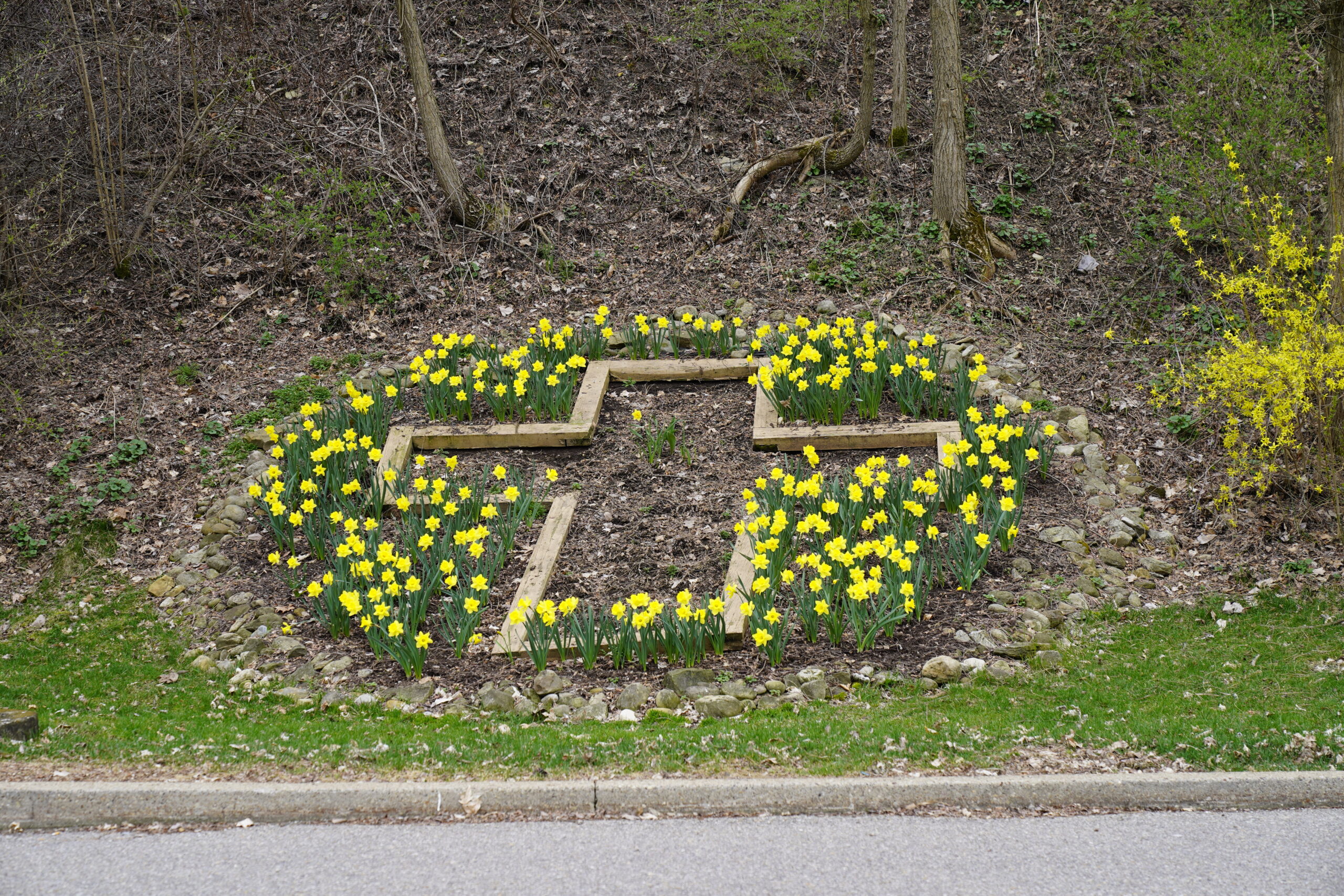The Divine Liturgy is in many ways the center of our life as Christians. It is a worship service in some ways similar to the Roman Catholic Mass, but also in many ways unique. It is observed regularly, every week on Sunday and on many other special occasions throughout the year, referred to as “feast days.” The Divine Liturgy culminates in the reception of Holy Communion, the body and blood of Jesus Christ, a tradition which was instituted at the event referred to in the West as the Last Supper, or in the Orthodox Church, the Mystical Supper. As Saint Paul writes of it, “the Lord Jesus on the same night in which He was betrayed took bread; 24 and when He had given thanks, He broke it and said, “Take, eat; this is My body which is broken for you; do this in remembrance of Me.”In the same manner He also took the cup after supper, saying, “This cup is the new covenant in My blood. This do, as often as you drink it, in remembrance of Me.”For as often as you eat this bread and drink this cup, you proclaim the Lord’s death till He comes.”
The word Liturgy comes from a Greek word which means “the work of the people.” This is because the Liturgy requires us to come together in prayer, so that God may deem us worthy to receive Holy Communion. It is difficult to overstate the importance of Holy Communion in the Orthodox Church. As is stated in the prayers we recite before receiving Holy Communion, it is “for the healing of both soul and body, and the pledge of life and future kingdom,” or to put it in somewhat different terms using a popular phrase, “we are what we eat.” In other words, by receiving the body and blood of Christ, we grow closer to Him and are conferred the great benefits, both physical and spiritual, which come with sanctification.
The sacrament of Holy Communion is how we maintain are connection to Christ; practicing Orthodox Christians should receive it regularly. It is also important to note that the sacrament of Communion is only to be received by Orthodox Christians who have been baptized into the Church. A schedule of services can be found on our website. For those who are not Orthodox but are interested in becoming Orthodox or just learning more about the faith, please contact Father Michael or Elias Diamond, our pastoral assistant.

